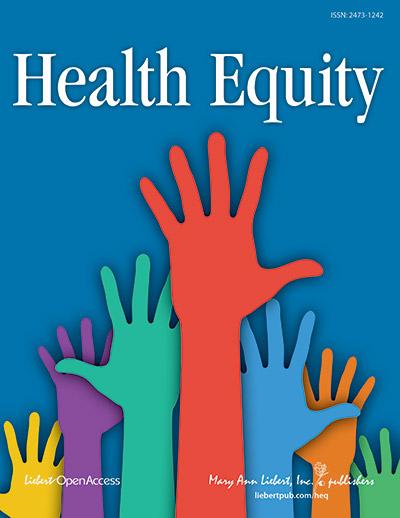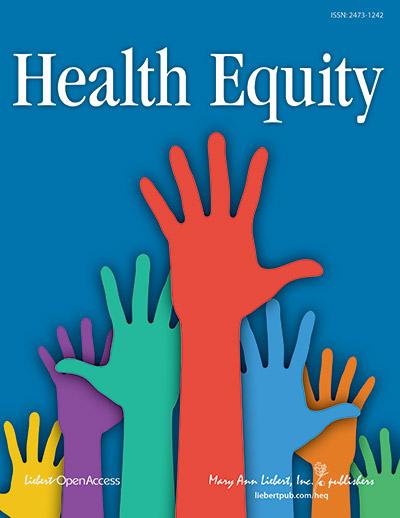
Credit: Mary Ann Liebert, Inc., publishers
New Rochelle, NY, June 26, 2017–A new study has shown that among women who intended to breastfeed, nearly 25% of those defined as socioeconomically (SE) marginalized stopped after only 1 month, compared to about 7% of the women in the SE privileged group. Interestingly, the reasons for early cessation of breastfeeding differed between the two groups, as reported in Health Equity, a peer-reviewed open access journal from Mary Ann Liebert, Inc., publishers. The article is available on the Health Equity website.
According to Julia Temple Newhook, Memorial University of St. John's, Canada and coauthors from Janeway Children's Health and Rehabilitation Centre and the Newfoundland and Labrador Centre for Health Information, St. John's, only women's attitudes about breastfeeding determined the decision to stop the practice early among the SE privileged group. In contrast, the researchers identified three different and significant factors that determined early breastfeeding cessation among the SE marginalized women. These included less than 1 hour of skin-to-skin contact after birth. This and the other factors could be targets for interventions aimed at improving breastfeeding rates and experiences.
The researchers report their findings in the article entitled "Poverty and Breastfeeding: Comparing Determinants of Early Breastfeeding Cessation Incidence in Socioeconomically Marginalized and Privileged Populations in the FiNaL Study."
"Are we missing opportunities to overcome breastfeeding barriers for vulnerable women? This article expands our discussion as we search for solutions," says Health Equity Editor-in-Chief Ana E. Núñez, MD, Associate Dean for Diversity, Equity and Inclusion and Professor of Medicine, Drexel University School of Medicine, Philadelphia, PA.
###
About the Journal
Health Equity is the new peer-reviewed open access journal that meets the urgent need for authoritative information about health disparities and health equity among vulnerable populations. With coverage ranging from translational research to prevention, diagnosis, treatment, and management of disease and illness, the Journal serves as a primary resource for organizations and individuals who serve these populations at the community, state, regional, tribal, and national levels. Health Equity is supported by a generous grant from the W.K. Kellogg Foundation to ensure that it is accessible as widely as possible and to provide a framework for achieving health equity for children, families, and communities by reducing and ultimately eliminating disparities in health and their social, economic, and environmental determinants. Complete information is available on the Health Equity website.
About the Publisher
Mary Ann Liebert, Inc., publishers is a privately held, fully integrated media company known for establishing authoritative peer-reviewed journals in promising areas of science and biomedical research, including Population Health Management, LGBT Health, Transgender Health, and Journal of Women's Health. Its biotechnology trade magazine, GEN (Genetic Engineering & Biotechnology News), was the first in its field and is today the industry's most widely read publication worldwide. A complete list of the firm's 80 journals, books, and newsmagazines is available on the Mary Ann Liebert, Inc., publishers website.
Media Contact
Jennifer Gatti
[email protected]
914-740-2149
@LiebertPub
http://www.liebertpub.com
Original Source
http://www.liebertpub.com/global/pressrelease/does-socioeconomic-status-affect-womens-decisions-not-to-continue-breastfeeding/2205/ http://dx.doi.org/10.1089/heq.2016.0028





